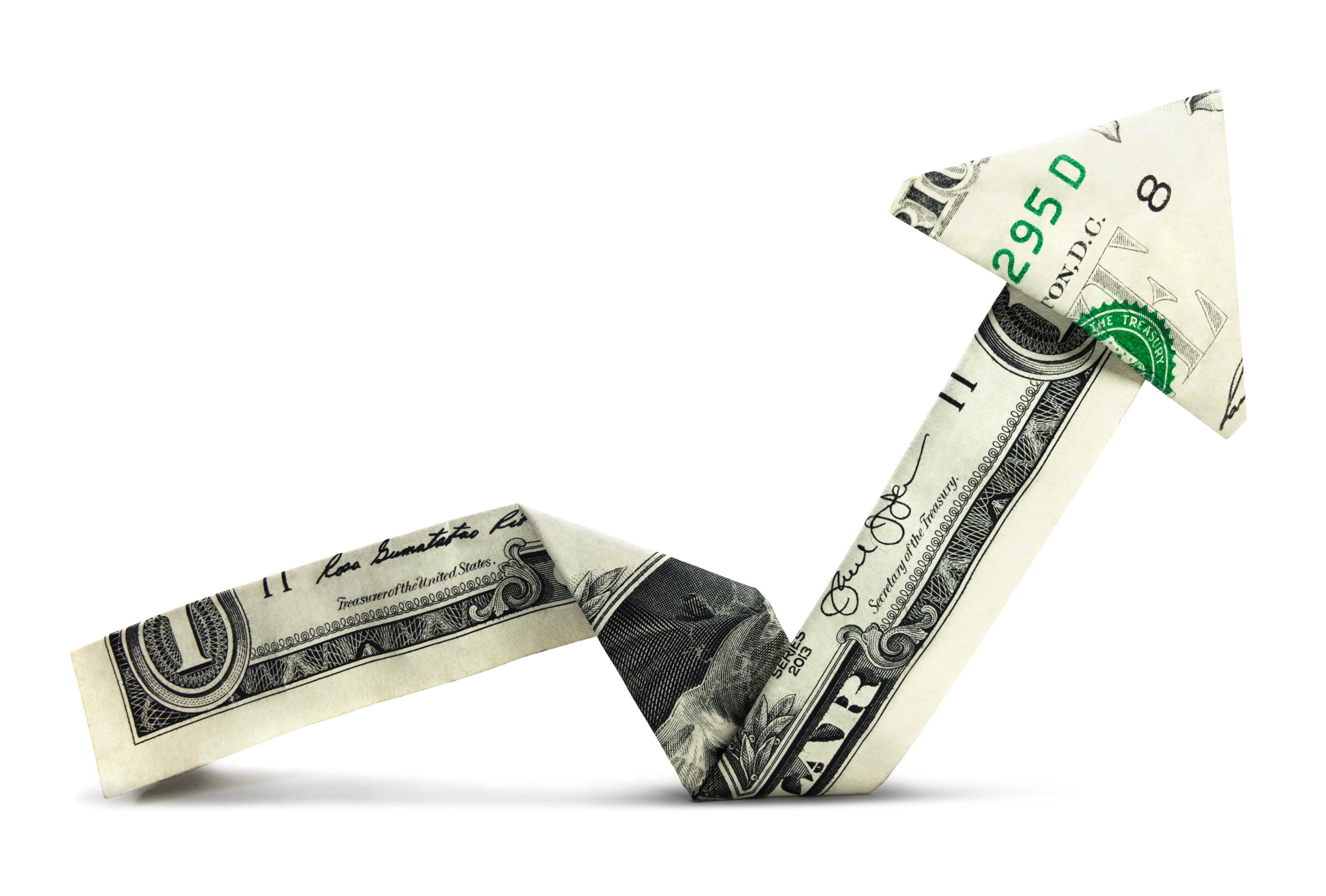Even with stocks near record highs, fabled investor Warren Buffett thinks they are still a fantastic place to put money. To back that argument up, Buffett and his team continue to deploy cash by the hundreds of millions every quarter through his holding company Berkshire Hathaway (NYSE: BRK-A)(NYSE: BRK-B).
In recent years, Berkshire has continued to purchase old favorites in the banking industry, but has also begun adding newer names in the technology sector. Here is one old and two newer Berkshire faves that our Motley Fool contributors think should be on your radar: JPMorgan Chase (JPM +1.05%), Coca-Cola (KO 0.06%), and Amazon.com (AMZN +0.49%).
The cream of U.S. banking
Nicholas Rossolillo (JPMorgan Chase): Over the last 12 months, shares of America's largest bank by total assets haven't budged. Revenue and earnings keep steadily climbing, but investors keep fretting over a myriad of economic conditions that may or may not indicate trouble for the global economy. Buffett took the opportunity to add JPMorgan to his portfolio over the fall of 2018 and has steadily increased the position ever since.
After posting record revenue and earnings in 2018 and another 5% and 12% increase, respectively, during the first quarter of 2019, JPMorgan shares trade at a humble 11.5 times trailing 12-month profits; based on one-year forward earnings expectations, the stock is valued at just 10.8 times profits. That looks like a mighty cheap price to pay for one of the most efficient banking empires on the planet.
Of course, a global economic slowdown -- maybe even a recession -- could be brewing. The trade war between the U.S. and China keeps heating up, and a stubbornly inverted yield curve has many worried that tumultuous times are right around the corner. That helps explain why JPMorgan's stock is down again. If the gathering clouds do rain on the economy's parade, the stock could fall further. Or it might not.
Thus, following Buffett's lead and buying small lots of the stock over time could be a great long-term move right now. Along the way, investors get to collect a 3% dividend yield on one of the best banking plays around.

Image source: Getty Images.
You can't beat the real thing
Anders Bylund (Coca-Cola): Berkshire holds 400 million shares of the soft drink giant. That's an $18.7 billion stake, or 9.4% of Berkshire's total investment portfolio. And this might just be the perfect time to follow Buffett into buying (more) Coke.
So far in 2019, Coca-Cola shareholders have pocketed a mere 4% return. The broader market saw a 12% gain over the same period, as measured by the S&P 500 index. In a broader view, Coke shares gained 9% over the last three years and missed out on a 33% return in the S&P 500. This soft performance kept Coke's dividend yield bouncing between 3% and 3.6%, standing at a generous 3.3% today.
Now, the stock is on sale for actual reasons. Coke's revenue has been falling in recent years as the company refranchised the majority of its in-house bottling business. Some investors see lower sales as a deal breaker, but there's a solid upside to this move. Coca-Cola's profit margins are on the rise, driven by a more compact and efficient business model.
Coke is showing off its unique pricing power and world-class distribution network as the remodeled business consistently delivers organic revenue growth and steady case-volume improvements. This is a stable business, powering a solid dividend payout, and selling at a below-market valuation right now. It's time to take the plunge into Coca-Cola.
Time to buy this internet and entertainment giant
Todd Campbell (Amazon): Given the way it's portrayed in the media, you might think Amazon has already captured all the market share it can.
That's not true. Yes, Amazon is the biggest e-commerce retailer, but its sales are still less than half that of Walmart, and e-commerce spending overall still accounts for less than 10% of total U.S. retail sales.
Instead, it could be that Amazon is just hitting its stride -- particularly when it comes to rewarding investors with earnings growth. In the past, the company's legendary spending to win market share resulted in big net losses. But those investments are paying off now. In 2018, sales of $233 billion (up 31% year over year) translated into net income of $10.1 billion, up from $3 billion in 2017. In Q1, its sales grew 17% year over year to $59.7 billion and its net income more than doubled to $3.6 billion.
To be clear, its improving profitability isn't because Amazon stopped spending on innovation. It's simply that Amazon has finally reached a point where revenue can fuel both innovation and earnings growth. For example, despite its growing earnings, innovation has turned it into a leading player in consumer electronics (tablets and virtual assistants), entertainment (Prime and IMDb), and enterprise technology services (Amazon Web Services).
Still unconvinced that Amazon's a buy? Consider that its shares are trading about 8% below their peak in Q4 2018, despite news that Berkshire Hathaway acquired nearly $1 billion in shares in the first quarter. Granted, there's no telling if Berkshire will buy more Amazon, but I wouldn't bet against it.










